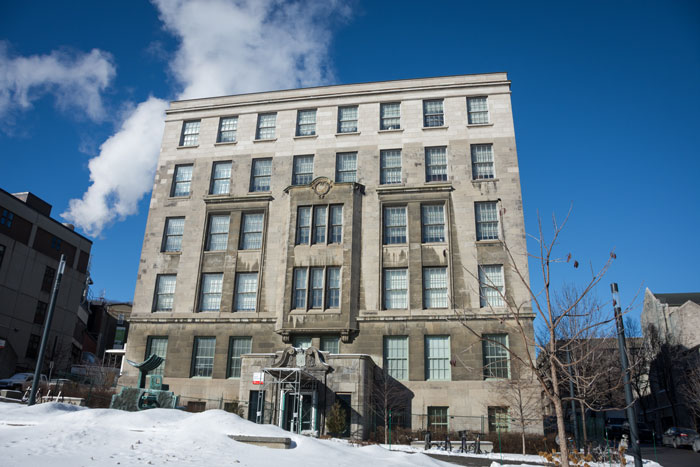McGill’s primary governing bodies, the Senate and Board of Governors (BoG), have recently been subject to criticism from students regarding issues of transparency and accessibility, with meetings being difficult to attend, and recordings not being made public, or only staying up for a limited period of time. Students have also raised concerns in the past about the structure, role, and member composition of McGill’s governing bodies.
Under section 4.7 of the Board of Governors’ Rules of Order and Procedure, no recording of the meeting is allowed before or after the fact—students must attend the sessions live. Moreover, students wanting to attend a Board of Governors meeting must email the Secretariat to secure a spot.
Senate meeting recordings can also be difficult to access as only current McGill students and staff can attend meetings. In addition, meeting recordings are only made available for a limited period of time before being replaced by the next meeting recording. Some students, such as Bryan Buraga, former Students’ Society of McGill University (SSMU) president who represented students at the BoG and Senate and member of Democratize McGill, worry that the difficulty of accessing the meetings poses concern for transparency.
“[The Senate] has a webcast that is usually recorded, but it is only available for the month in which the meeting was held, and then it gets taken down and you can’t access it anymore,” Buraga said in an interview with the Tribune. “Then, only the meeting minutes are available to the McGill community, [but] the minutes are words on paper. You don’t exactly hear what senators say. The minutes are written up by the Secretariat who are beholden to the administration, so there are a lot of measures that the administration can use to be untransparent.”
In an email to the Tribune, the Secretariat detailed certain practices it uses to ensure McGill’s governing bodies’ meetings remain available to students and the wider community. The office also noted that both the BoG and Senate meetings are live-streamed—a practice that arose over the pandemic in an attempt to maintain pre-pandemic accessibility—and accessible by members of the McGill community.
“Senate meetings are generally open meetings, meaning that they are open to observation by any member of the university community and accredited press, subject to limitations of space and good conduct,” the Secretariat wrote. “Exceptionally, an item on the Senate agenda may require confidential treatment, in which case the Senate will meet in closed session.”
Unlike the Senate, Board of Governors meetings are not made available online afterward. In their email, the Secretariat disclosed that they would look into the possibility of making BoG meeting recordings available after the meeting had adjourned.
However, concerns about governance extend beyond the question of their accessibility. Last November, a coalition between Divest McGill and Divest for Human Rights formed Democratize McGill, a student organization that calls for more student involvement and representation at the university’s high-level, decision-making bodies. Democratize McGill aims to address the disconnect that it believes exists between the McGill community’s values and the university’s administrative actions.
Democratize McGill is currently looking into potential BoG reforms—ranging from abolishing the governing body entirely to making its membership more inclusive of students, in order to better reflect the views of McGill students.
In contrast to the McGill administration, the SSMU Legislative Council uploads audio-only meeting recordings to their website—a change from last year’s video uploads to YouTube.
“The pandemic has moved the Legislative Council into an incredibly more accessible model for all students,” SSMU Speaker of the Legislative Council Alexandre Ashkir wrote in an email to the Tribune. “Hosting the meetings online allows people who would usually not want to stay late on campus, for security or for comfort, to participate [….] It lifts an important weight and barrier of entry oftentimes neglected. Time is precious and not all are ready, or privileged enough, to be able to spend these hours on campus on a Thursday night.”










